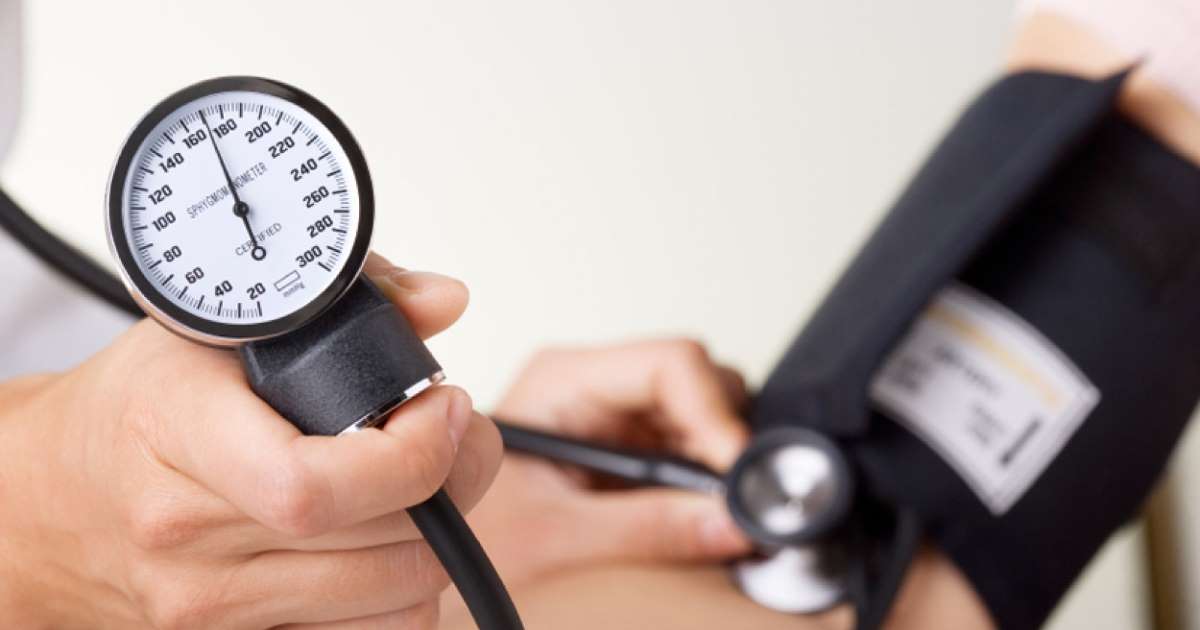Causes Of Heart Failure To Be Aware Of
There are ailments including high blood pressure, diabetes, obesity, and coronary artery disease that can leave the heart too stiff or weak to pump efficiently. Over time, the heart becomes too weak to handle the demands placed on it. Lifestyle changes such as managing stress, losing weight, and reducing salt in your diet can reduce your risk of heart failure. Some symptoms of heart failure include irregular heartbeat, swelling in the legs and feet, lack of appetite, swelling of the abdomen, and chest pain. Here are some factors that can cause heart failure and require immediate medical attention.
Heart Attack

An attack can occur as a result of a complication related to heart failure. Heart attack and heart failure are both forms of heart disease. An attack will generally happen when one of the arteries leading to the heart suddenly becomes blocked and cuts off blood flow. When the heart is deprived of oxygen, the heart muscle begins to die. Heart attacks can lead to heart failure by weakening the heart's pumping abilities, and in some cases, heart failure follows suddenly after an attack. Symptoms can be severe in the beginning but can get better with medication and treatment. They may include pressure in the center of the chest, discomfort in the stomach, nausea or vomiting, shallow breathing, and lightheadedness.
Continue reading to understand more about what can cause heart failure to occur.
High Blood Pressure

Most individuals who have heart failure also have high blood pressure (hypertension), which is a huge risk factor for heart failure. When blood flow is too strong, it pushes on the walls of the arteries, and the pressure makes small tears in your arteries that can cause scarring, making it easier for fat and cholesterol to build up. Over time, this buildup makes it difficult for blood to flow through your vessels causing your heart to work harder. Having your blood pressure checked frequently will help you avoid heart failure. Avoiding alcohol, cigarette smoke, and getting regular exercise can also help reduce your risk. Your physician can recommend an ACE inhibitor, beta-blocker, or an angiotensin II receptor blocker to treat hypertension.
Continue for another cause of heart failure now.
